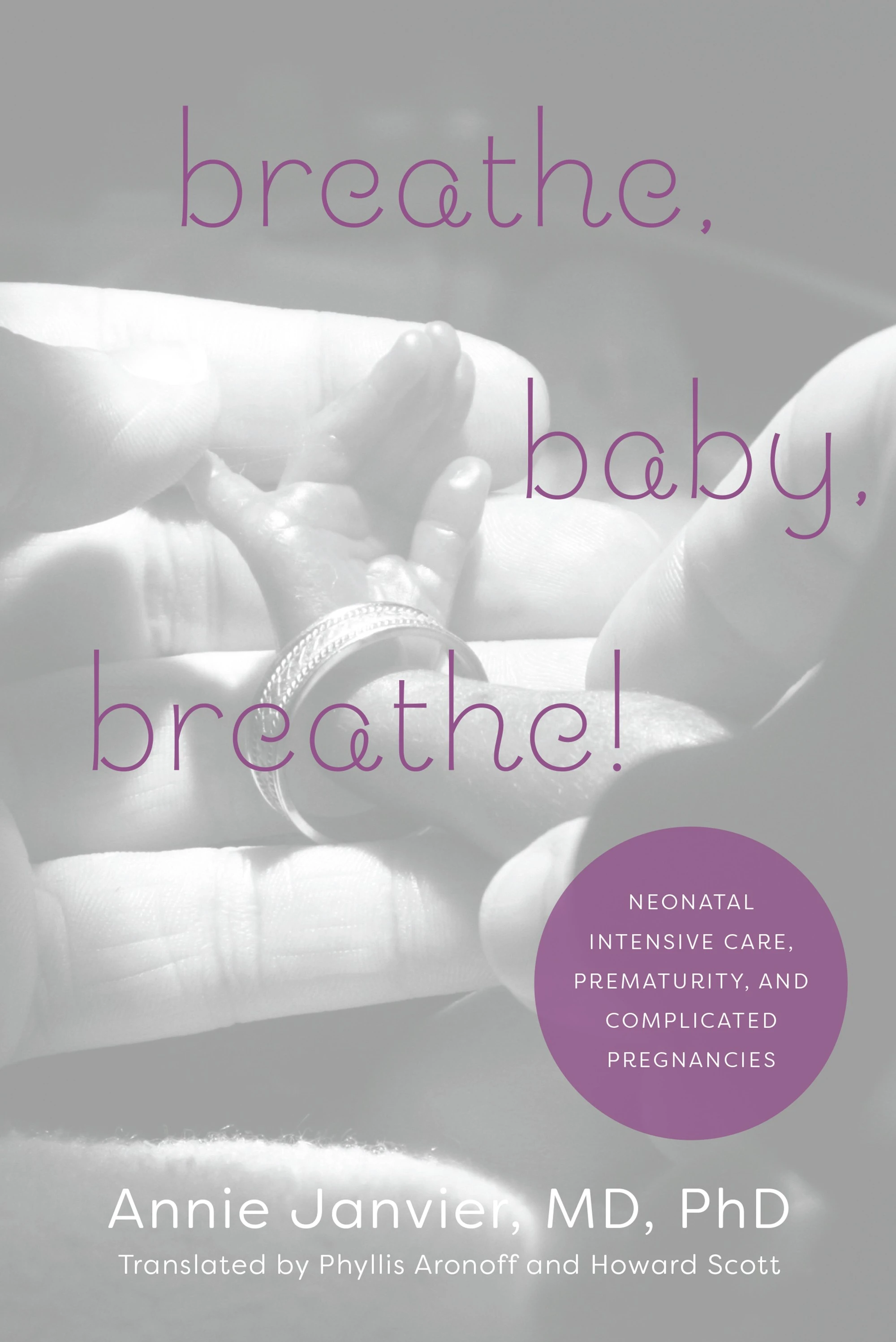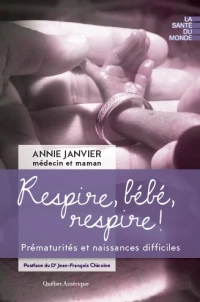-
Recent Posts
breathe, baby, breathe

-
Join 4,530 other subscribers
- Analgesia
- anemia
- antenatal steroids
- antibiotics
- anticonvulsants
- Apnea
- asphyxia
- Assisted ventilation
- BPD
- Breast-feeding
- breast milk
- caffeine
- CMV
- Congenital Heart Disease
- Convulsions
- CPAP
- CRP
- Delayed Cord Clamping
- diaphragmatic hernia
- EEG
- End-of-life decisions
- endotracheal intubation
- enteral feeding
- erythropoietin
- Ethics
- families
- Fluids
- Gastro-oesophageal reflux
- Global Neonatal Health
- Handicap
- Head Ultrasound
- Health Care Organization
- Heart Surgery
- Hemodynamics
- High-Flow cannula
- Hypoglycemia
- Hypotension
- Hypothermia
- hypoxic ischemic encephalopathy
- infection control
- intracranial hemorrhage
- IVH
- Lactoferrin
- long term outcomes
- lung compliance
- microbiome
- mortality
- MRI
- Necrotising Enterocolitis
- Nitric Oxide
- nutrition
- Obstetrics
- oxygen therapy
- oxygen toxicity
- pain
- PDA
- Platelets
- Prebiotics
- Preventing Prematurity
- Probiotics
- pulmonary physiology
- Randomized Controlled Trials
- Research Design
- respiratory support
- Resuscitation
- Retinopathy of Prematurity
- Sepsis
- statistics
- steroids
- surfactant treatment
- Survival
- Systematic Reviews
- transfusion
- trisomy
- twins
Respire, bébé, respire!

RSS Links
Canadian Premature Babies Foundation

Sainte Justine Hospital

Canadian Neonatal Network

Préma-Québec

Categories
Transport Néonatal

Archives
- May 2024
- April 2024
- March 2024
- February 2024
- January 2024
- December 2023
- November 2023
- October 2023
- May 2023
- April 2023
- February 2023
- January 2023
- December 2022
- November 2022
- October 2022
- September 2022
- August 2022
- July 2022
- June 2022
- May 2022
- April 2022
- March 2022
- January 2022
- October 2021
- September 2021
- August 2021
- May 2021
- April 2021
- January 2021
- December 2020
- October 2020
- September 2020
- August 2020
- July 2020
- May 2020
- April 2020
- March 2020
- February 2020
- January 2020
- December 2019
- November 2019
- October 2019
- September 2019
- June 2019
- May 2019
- April 2019
- March 2019
- February 2019
- December 2018
- November 2018
- October 2018
- June 2018
- May 2018
- April 2018
- February 2018
- January 2018
- December 2017
- November 2017
- October 2017
- September 2017
- August 2017
- July 2017
- June 2017
- May 2017
- April 2017
- March 2017
- February 2017
- January 2017
- December 2016
- November 2016
- October 2016
- September 2016
- August 2016
- June 2016
- May 2016
- April 2016
- March 2016
- February 2016
- January 2016
- December 2015
- November 2015
- October 2015
- September 2015
- August 2015
- June 2015
- May 2015
- April 2015
- March 2015
- February 2015
- January 2015
- December 2014
- November 2014
- October 2014
- September 2014
- August 2014
- June 2014
- May 2014
- April 2014
- March 2014
- February 2014
- January 2014
- December 2013
- November 2013
- October 2013
- September 2013
- August 2013
- July 2013
- June 2013
- May 2013
- April 2013
- March 2013
- February 2013
- January 2013
- December 2012
- November 2012
- October 2012
- September 2012
- August 2012
- July 2012
- June 2012
- May 2012
Meta
Monthly Archives: September 2020
Quality of life cannot be predicted from a brain scan
…either ultrasound or MRI, or by EEG, or neurological examination, or even during follow-up by screening for disabilities. That title is from a recently published editorial (Fayed N, et al. Quality of life cannot be predicted from a brain scan. … Continue reading
Posted in Neonatal Research
Tagged Head Ultrasound, long term outcomes, MRI, quality of life
1 Comment
What happened to the HeROs?
I had to find a way of changing HeRO to Heroes as an excuse for posting a link to this video But also the results of a long term follow up of the HeRO trial have been published. The original … Continue reading
Posted in Neonatal Research
Tagged long term outcomes, Randomized Controlled Trials, Sepsis
Leave a comment
CRP can suggest that babies are not infected, when you already know!
I wrote a blog post about 3 years ago about a study examining procalcitonin use in neonatal early-onset sepsis. You can see from my post that the authors didn’t, to my mind, show any utility of procalcitonin (PCT) either alone … Continue reading
Breast milk fortifiers, a new systematic review
A systematic review has just been published which compares the outcomes of milk fortification with bovine-milk derived fortifier and human-milk derived fortifier. (Grace E, et al. Safety and efficacy of human milk-based fortifier in enterally fed preterm and/or low birthweight … Continue reading
Evidence-Based Neonatology: more and more evidence, better and better care
For another project, which I will explain later, I have been trying to find recent large multicentre trials in very preterm babies. I searched PubMed for “Randomized Controlled Trial’, and “Multicentre study”, then filtered by Human and Newborn and Preterm … Continue reading
My new watch has a pulse oximeter?!
I recently bought a smartwatch, I won’t say which model because what I found is now available on several makes of watch. I discovered when playing around with the Apps that there was one which claimed to measure blood oxygen … Continue reading
Posted in Neonatal Research
Leave a comment
Does LISA protect your brain?
A few years ago now a multicenter RCT among infants of 23 to 26 weeks gestation showed that LISA was possible in even these most immature infants., NINSAPP. Kribs A, et al. Nonintubated Surfactant Application vs Conventional Therapy in Extremely … Continue reading
Posted in Neonatal Research
Tagged long term outcomes, Randomized Controlled Trials, surfactant treatment
1 Comment
Delayed cord clamping in the very preterm
I haven’t written about this issue in a while, the APTS trial, and the systematic review which was published at about the same time appeared to show definitively that there was a reduction in mortality with delayed clamping compared to … Continue reading

